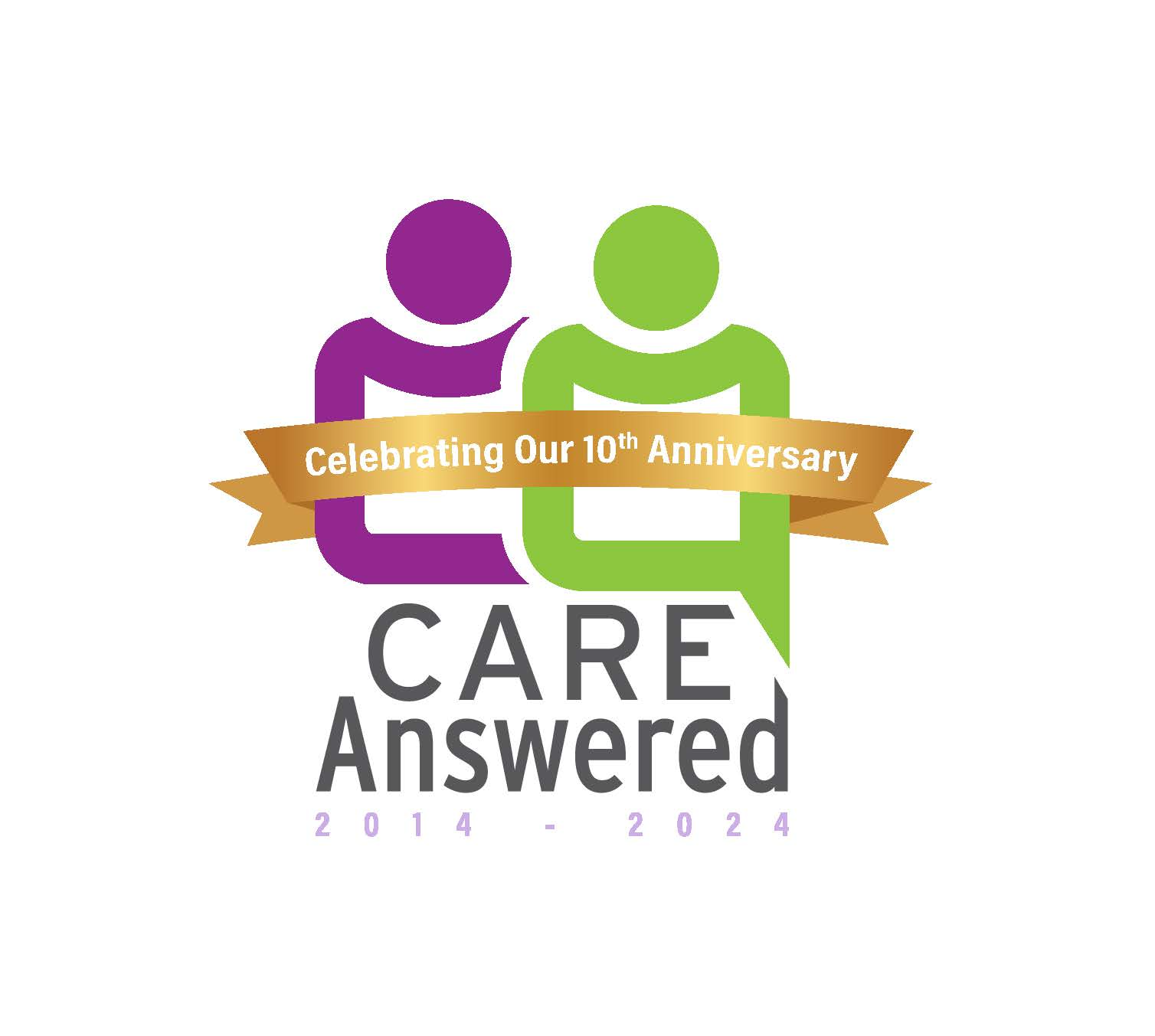Mrs. M is an 80-year-old woman with congestive heart failure. She was born in Germany, but has lived in the US since she was a teenager. She is mentally sharp and understands English but still speaks with a slight German accent. Recently, she was rushed to the emergency room with difficulty breathing. “Do you have CHF?” asked a nurse. “No,” she replied. An IV was started, pumping her full of fluid. When her children arrived, they questioned why she was getting fluid, which is not typically the way she is treated due to her congestive heart failure. “She told us she doesn’t have CHF,” the nurse said. That’s because Mrs. M understands and would have answered correctly had she been asked if she has congestive heart failure, but she doesn’t know what “CHF” is.

Have you ever experienced a miscommunication with a healthcare provider? Or felt that the provider was not aware of how your individual health might be impacted by your gender, age or ethnicity? These gaps can result in misdiagnosis, inappropriate treatment, lack of treatment, or even death.
Cultural competence in healthcare is a way to bridge these gaps. It is a vitally important piece of the provider-patient relationship, particularly in an extremely diverse region like Long Island.
Cultural competence in healthcare can be defined as the ability of health care providers to recognize and address the unique values, beliefs, language, and behaviors of their patients. It is the recognition on the part of the provider that we patients are all different, and it’s important to understand how those differences affect our health
Here is a personal story to illustrate how a lack of cultural competence can impact one’s health.
YOU NEED A ROOT CANAL!
I am an African American woman and I go to the dentist about every six months. For the past 10 years different dentists have seen shadowing in x-rays on the roots of some of my teeth. After asking me if I had any trauma to that part of face and my response was no, most of them suggested I go to an endodontist for a root canal because that shadowing means the nerves of the teeth are affected. I have never had a root canal, but I know enough that I didn’t want to sign up for one unless I really needed it. In these ten years I have never had pain in these “shadowed teeth” so I did nothing.
After about 10 years, I switched to an African American female dentist for my six-month cleaning and check-up. She did x-rays and saw the same shadowing. After asking me the same question regarding trauma to my face and listening to my history she said, “Oh, it’s very common in African American women as the bone density of the teeth differs in spots and the x-ray picks it up as shadows. We will continue to watch it but no, you don’t need a root canal.”
Now, if I had a different mindset I could have caused myself needless pain and a lot of money getting several root canals because other dentists weren’t familiar with this issue and perhaps saw me as another mouth rather than an African American woman with a mouth.
Those are just two stories, but there are many more. So many older adults get the “you’re getting older” diagnosis. I say this in all my seminars: Getting older in not a diagnosis! If it were, I would be finest diagnostician in the world (and I don’t even hold a medical degree). Every one of us is getting older.
Please take time to share your stories. We can all learn from each other.
Now that you know what cultural competence is, here are some tips:
Talk to your clinician and/or the office staff with whom you make the appointment and ask questions like:
- I am a person who is (blank). Does s/he have many patients who are (blank)?
- As a person who is (blank), could these symptoms indicate any other diagnosis based on this?
- If I had the same symptoms but was not of this (gender, culture, race, ethnicity, religion, etc.) would there be other suggestions you might have?
- Do you feel comfortable treating a person of my (blank)?
- My culture/religion/faith/ does or does not allow (blank). Do you have another potential solution for this?
If you are not comfortable with the answers, seek another clinician. If you are not comfortable asking the questions call on an advocate; your health is at stake.
For more information, visit A.S.K. for your life, a website that provides resources that address health care disparities, with a particular focus on African-Americans.
Care Answered, as your advocate, can assist in the selection of appropriate clinicians. We help them see you as a whole person so that you receive your best care.

